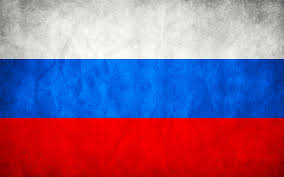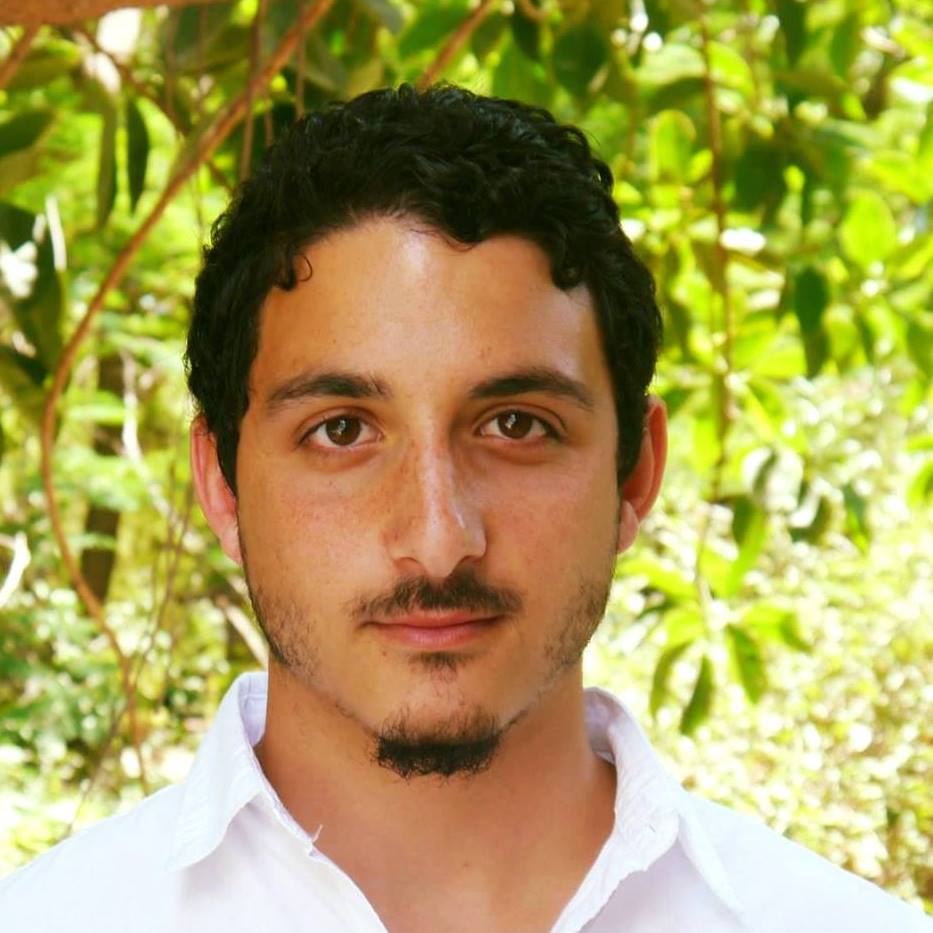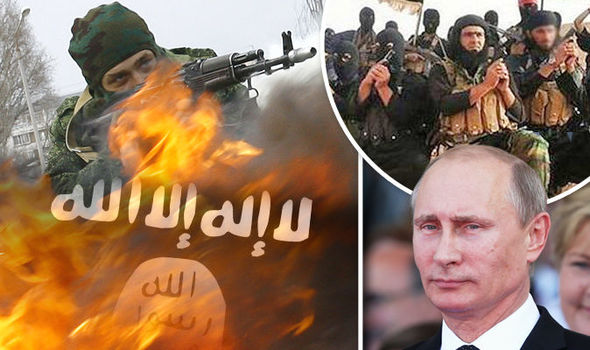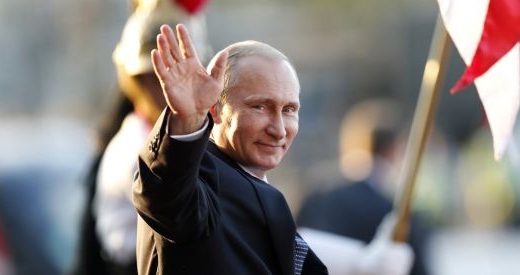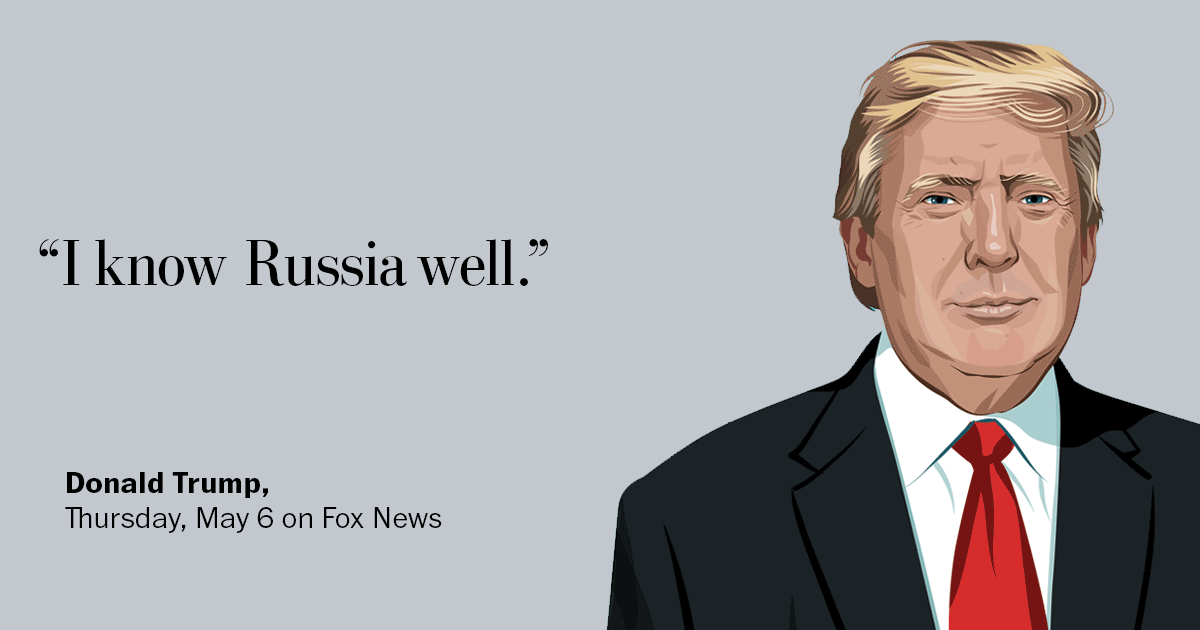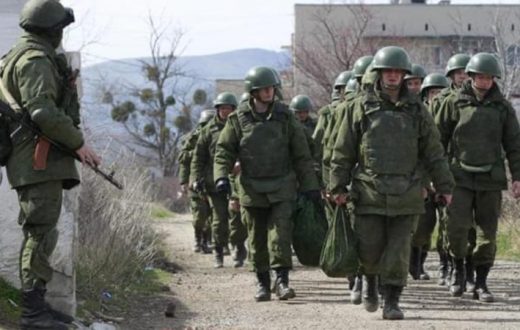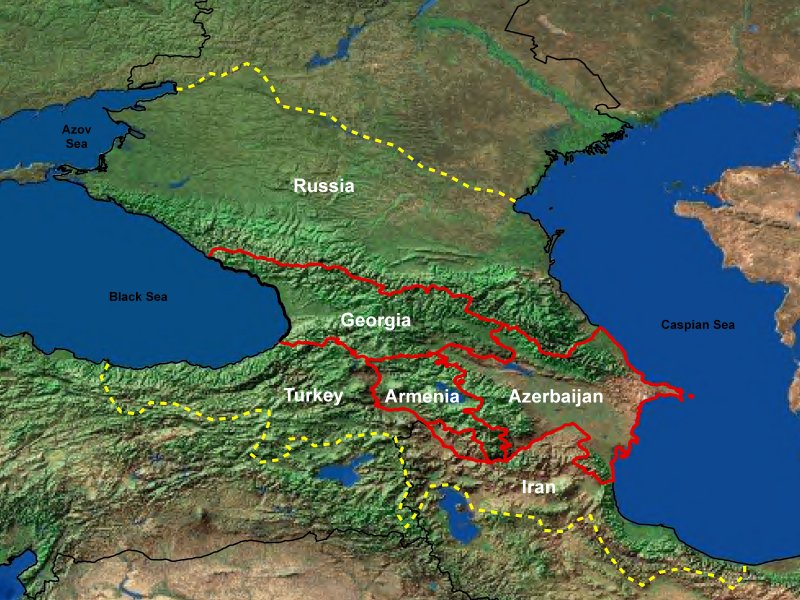The modern history is full of events of great importance, which shifted the policies of the most important states or which made the hidden strategies of those states to become reality. This article will give explanations for the Russians reactions since 2007.
The last 10 years (2007-2017) were full of events of global importance, like the financial crisis that catalysed the battle for the realignment or readjustment of the so-called “spheres of influence”. And like in a spiral many of those events were provoked by the earlier events and so on. If over this situation it is added a layer of misunderstanding or confusion lead by the theoretical debate in international relations, the classic debate over liberalism vs. realism, then we can depict the big picture of the last decade.
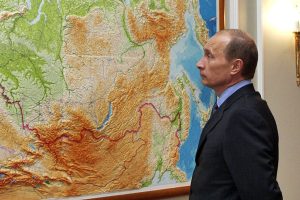
In every book about International Relations, especially if it is an introduction designed for students, it is stated that the main goal of this field of study is to analyse the reasons why war happens. For many years, two main theories were at the centre of this field of study: realism and liberalism, but only one of them (realism) tried to explain the reasons why war happens, while the other (liberalism) tried to explain more how to avoid war from happening.
Realism assumes that the states are the principal actors in international relations and that every state has many interests, which are influencing their behaviour on the political scene, especially because the international system is considered anarchic.
Liberalism is criticising the last assumption, considering that the international system is not anarchic, because there exists many international institutions and many international norms that try to model the states’ behaviour. Liberalism, having at its centre many important and moral concepts such as freedom, tolerance and law, assumes that peace can be achieved by cooperation, which is possible even in international relations, because cooperation is the main characteristic of human relations. So, states like Great Britain, Germany, USA and many other Western states declare that only through cooperation, peace can be achieved and cooperation can be achieved only if states have a democratic system based on liberty and human rights recognition. This is what we hear and listen in every speech of a very important political figure, be it the U.S President or the German Chancellor. This is the central idea.
The problem with these declarations is that are followed by a number of many initiatives that are considered by other countries, especially by the Russian Federation, as a threat to their national interests. Why is it so? Because these countries are taking into consideration the realist approach, considering that“every nation is tempted – and few of them resisted the temptation – to disguise their particular interests and actions in moral objectives of the universe.”(Morgenthau, 2013: 52). But this explanation is not so convincing, if we are not taking into account that all important states think like this when they are not initiating their own cooperation initiatives.
Take for example the Russian Federation’s attempt to create a Eurasian Economic Union, which, if we stay and think about it, it’s nothing more than a kind of liberal approach of the Russian strategy in the region, the main goal being to promote further economic integration and more cooperation between its members. It sounds familiar? Yes, the European Union has a similar goal. But why is Russia considering the European Union as a threat, when they have the same goal? The answer can also be found in the battle between realism and liberalism and in the so-called “the parallax challenge”.
Yanis Varoufakis, the former Greek Minister of Finance, describes in his book “The Global Minotaur. America, Europe and the Future of the Global Economy” a very interesting phenomenon which can be observed in nature and which was named by the physicists as parallax. When we have a stick and a river or a lake, and we submerged half of the stick in water, the stick will look bent. But when we change our angle of view, in many different locations we have a different view or perspective. That is why Yanis Varoufakis concludes that “it is simply to note that different viewpoints can all generate ‘true’ observations, yet fail to unveil the basic truth about the phenomenon under study.”(Varoufakis, 2010: 20)
The same thing happens when states analyse the same situation. When they want to expand their influence, they think in a liberal paradigm, but when they notice an initiative which is threatening their influence by other states who initiated that action, they are thinking and acting according to realist approach. So, the same situation, but different angles of view, a classical parallax in the field of study of International Relations.
And a better example than the one offered by John J. Mearsheimer in his well-known and controversial article from Foreign Affairs, “Why the Ukraine Crisis Is the West’s Fault”, I can’t find. He is challenging our imagination, questioning what will be the American reaction if China tries to build a military alliance that includes Canada and Mexico. (Mearsheimer, 2014). I can even rise the stake and I can question what will be the American reaction if China tries to build an economic union with Mexico and the whole South America and the USA are excluded? Of course, these examples are only hypothetical, but can offer us that different angle of view. Without doubt, the USA will begin to think in a realist paradigm and will act more or less such as the Russian Federation is acting. Of course, there are many distinctions, but the same goal remains: preserving their own national interests.
And specifically this kind of misunderstanding of the parallax challenge, was leading to the events that culminated with the Ukrainian crisis. The signs were there, in discourses, in actions, in negotiations, but they were ignored. The first sign was Putin’s speech in Munich (10 February 2007) and a series of events such as the outbreak of the financial crisis – August 2007, the Kosovo’s declaration of independence – 17 February 2008, the Bucharest NATO Summit – 2-4 April 2008 or the inauguration of the Eastern Partnership – 7 May 2009 strengthened the Russian realist view.
In my opinion, the violent reactions of Russia to the Eastern Partnership, concretised in the Ukrainian crisis (the war in Donbas) and in the annexation of Crimea, are the result of the different interpretations of the same situation: the Western states continuation of their policies, as part of their liberal vision over the International Relations, which was seen by the Russian Federation as threats, because Russians think in terms of realist paradigm.
And this takes me to the conclusion that many states are acting according to liberalist or to realist paradigm depending on their current action: attack or defence. If they want to expand their sphere of influence, then they understand that the times of using only the military force to convince another state to do something are gone, so they try to create cooperation initiatives, such as Eastern Partnership or Eurasian Economic Union. But if they are not the initiators of these cooperation initiatives, and they are not a part of them, then this leads them to the conclusion that these initiatives are threatening their national interests and they start to think in the realist approach.
Adrian Corobana is a Romanian lawyer, member in the Bucharest Bar. He is the editor in chief at Geopolitics.ro and english.geopolitics.ro, a Romanian geopolitical analysis website edited by The Romanian Association of Strategic Analysis, Geopolitical Analysis and International Relations (ASAGRI). He studied economy, geopolitics and law.

